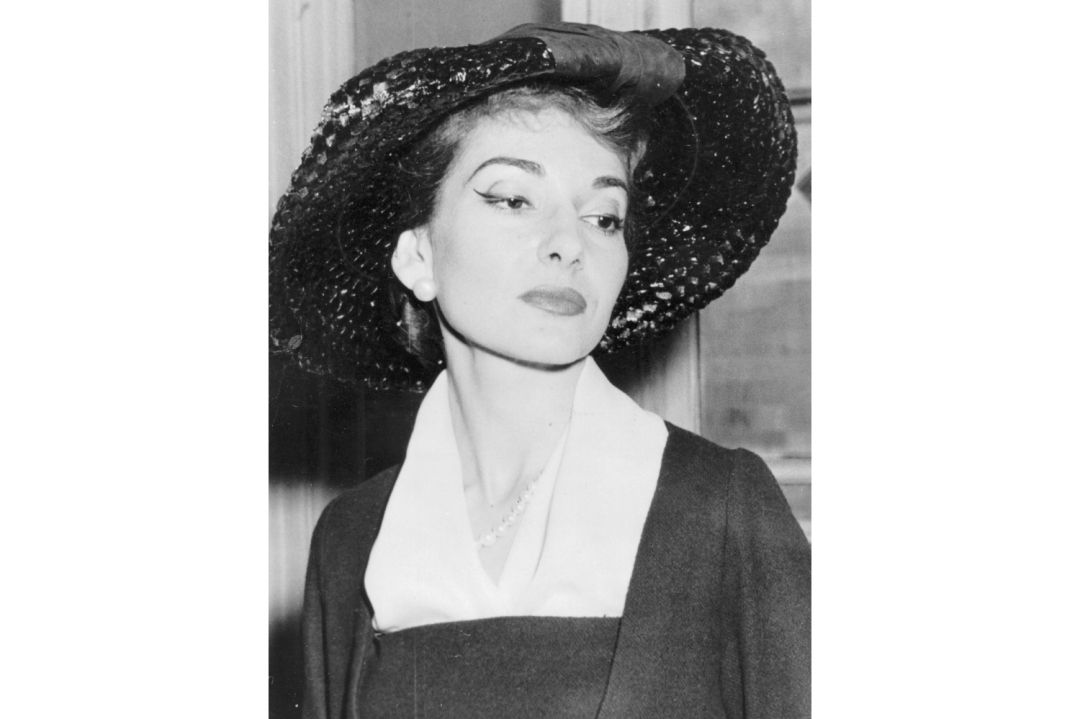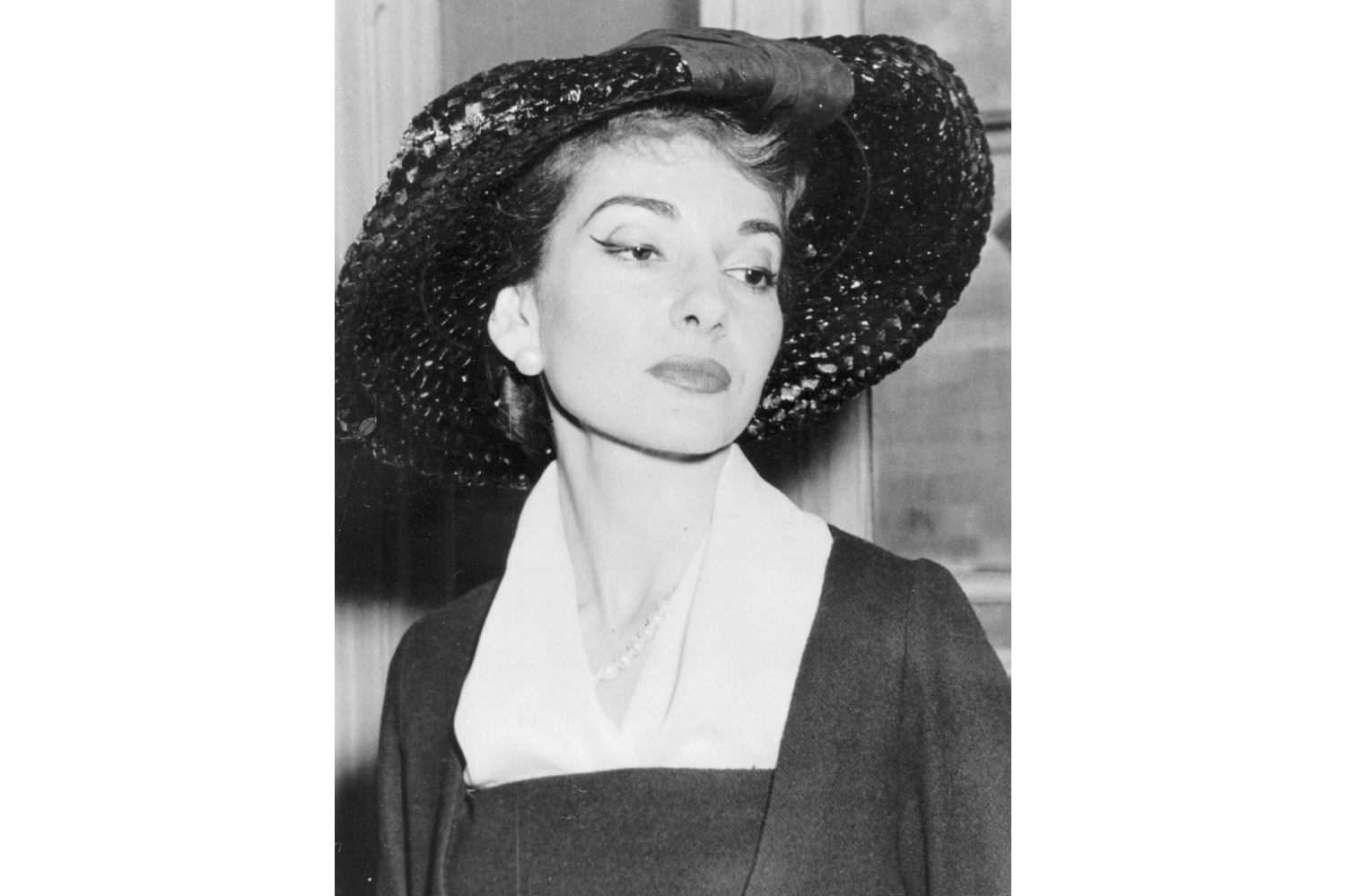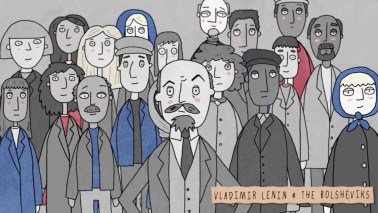One thing that exasperated me intensely during my many years as an opera critic was the assumption that I must be a passionate admirer of Maria Callas. She is the only prima donna who most people have heard of, and her supreme status has long been taken for granted, to the point at which the sound of her voice, as well as her personal story, have fomented a myth, a legend, an icon, and made any rational judgment almost impossible. She is Callas, La Divina, the embodiment of opera: one can only fall down and worship.
The Callas bibliography runs, according to the British Library, to 136 books
In a year that marks the centenary of her birth (she died in 1977), the incense in the temple has become positively stifling. Marina Abramovic is currently in London, en route with an international tour of her opera 7 Deaths of Maria Callas. The Diva exhibition at the V&A has Callas at its heart, and there are further shows of Callas memorabilia on offer in Paris, Milan, New York and Athens. A new movie about her, directed by Pablo Larrain and starring Angelina Jolie, is in the pipeline; one hopes it will be less toe-curlingly awful than its precursor, Callas Forever, with Fanny Ardant in the title role. Terrence McNally’s play Master Class, about Callas’s brief attempt to teach, continues to be hugely popular globally, and Meryl Streep and Faye Dunaway have been associated with as yet unrealised filmed versions.
All this on top of a Callas bibliography that runs, according to the British Library catalogue, to 136 books, let alone the countless reissues and remasterings of her recordings that must have sold in their millions. For hard facts, I can only recommend Tom Volf’s documentary Maria by Callas (available on DVD), which assembles much of the surviving footage and allows the story to be told in her own words.








Comments
Join the debate for just £1 a month
Be part of the conversation with other Spectator readers by getting your first three months for £3.
UNLOCK ACCESS Just £1 a monthAlready a subscriber? Log in